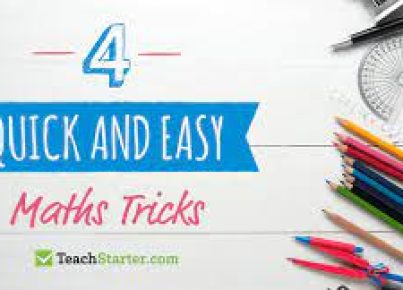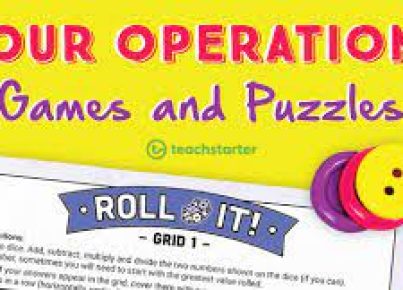Introduction
In today’s fast-paced and ever-evolving world, equipping our children with the skills they need to navigate and excel in their future careers is paramount. One of the most critical skills is a strong foundation in mathematics. Unfortunately, many math curricula in schools focus on rote memorization and repetitive exercises that can leave students feeling disengaged and unenthusiastic about learning. It is time we re-examine traditional approaches to math education and revolutionize the way we teach our kids.
The Importance of Mathematics
Mathematics plays a significant role in various aspects of life, from managing personal finances to solving complex problems in engineering, science, technology, and business. Furthermore, having a firm grasp of mathematical concepts is essential for developing critical thinking, problem-solving abilities, and logical reasoning skills needed to excel in the 21st-century job market.
Therefore, it’s vital that we provide our children with better math tasks that not only make learning enjoyable but also enable them to comprehend and apply mathematical concepts effectively.
Challenges Faced by Students
One of the primary reasons many students struggle with mathematics is the disconnect between traditional math tasks and real-life applications. Memorizing formulas or solving isolated problems rarely demonstrates how math relates to their lives or future endeavors. As a result, students struggle to see the relevance or importance of mathematics, often leading to disinterest in the subject.
Additionally, some educational institutions still follow an outdated “one-size-fits-all” approach when it comes to teaching mathematics. This conventional method may not cater to different learning styles or address individual needs, causing frustration and discouragement in young learners.
Revolutionizing Math Tasks
To address these issues and make math education more accessible and engaging, we need better math tasks that demonstrate real-life applications and offer practical problem-solving opportunities. By focusing on hands-on learning experiences that incorporate authentic situations, students will develop a deeper understanding of mathematical concepts and discover the inherent value of mathematics in their everyday lives.
In addition, incorporating technology and interactive tools can help accommodate different learning styles and support individualized instruction. Game-based learning, for example, can make math education more enjoyable while establishing critical thinking skills as students conquer levels that increase in difficulty.
Collaborative learning experiences are also essential. By encouraging teamwork during problem-solving activities, students learn how to communicate mathematical ideas effectively, think critically, and gain confidence through their shared achievements.
Conclusion
Our children deserve better math tasks that promote engagement, stimulate curiosity, and foster a love for learning. By revolutionizing traditional teaching methods and embracing new strategies such as authentic problem-solving experiences, interactive technology, and collaborative learning environments, we can ensure that our children not only excel in mathematics but also become well-equipped problem solvers capable of navigating the challenges of an increasingly complex world.





